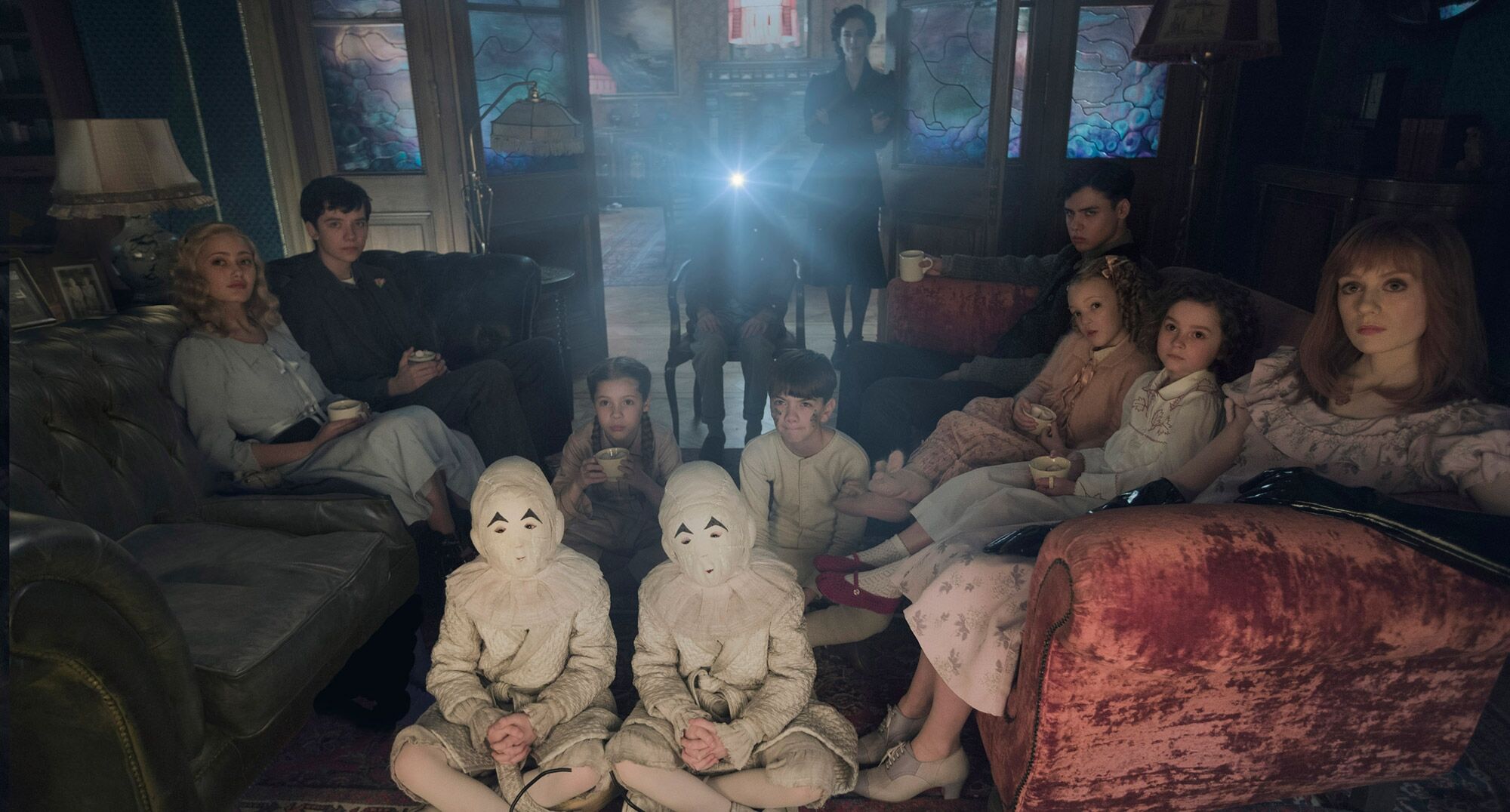Diversity in Hollywood and what Tim Burton gets wrong
In a recent interview with Bustle, Tim Burton was asked about the lack of diversity in his upcoming movie Miss Peregrine’s Home for Peculiar Children, The cast of the film is made up entirely of white people, except for Samuel L. Jackson, who plays the character Barron. In response to this question, Burton said “things either call for things, or they don’t.” He also went on to talk about blaxploitation films that had mostly or entirely black casts, and while watching them he had never thought about the need for including more white people. While Burton’ s comments are problematic and ignorant, they are filled with arguments that many others make when talking about diversity, as well as other issues that have to do with race.
Firstly, Burton’ s claims of ‘ things calling for certain things or not’ assumes that whiteness should be the default race of people in media. What he communicates with this statement is that whiteness is the norm and anything else is the ‘ other’. This allows white characters the freedom to be anything, but places characters of colour in a box that is intrinsically tied to their race. This thought process is one that seems to be very popular in Hollywood; one simply needs to look at the lack of representation and the misrepresentation of people of colour in the media to understand that.
The second time Burton displays ignorance is when he compares Hollywood’ s lack of diversity to the supposed ‘ lack’ of diversity in blaxploitation movies. Hollywood’ s lack of diversity is rooted in racist systems that placed whiteness on a pedestal and dehumanized what wasn’t white. Hollywood still does this to a certain extent where people of colour are not seen as whole individuals but are instead seen exclusively in terms of their race –which are often tied to stereotypes. Meanwhile, blaxploitation movies are made because black people do not see positive or accurate portrayals of themselves in mainstream movies –they are created as a result of being excluded. Burton makes the mistake of assuming that both things are on the same level, and are therefore comparable. This is something a lot of white people who talk about race tend to not understand.
Another example of this was echoed in Marc Jacobs’ comparison of black people who straighten their hair to white people with dreadlocks. Aside from the fact that people of different races have straight hair and that it is not a trait belonging exclusively to one race, the reasoning behind black people straightening their natural hair is completely different from that of white women displaying dreadlocks. For white women, dreads are simply trends that they can follow whereas black folk are often expected to change their hair in order to comply with what is considered professional in the workplace.
Jacobs and Burton both make assumptions uprooted from any context. This lack of context makes for a lot of misguided and ignorant comments, and because they are both influential members in their respective fields, this leads to real consequences for people of colour in these industries. In addition to the comparison of blaxploitation movies to the lack of diversity in Hollywood, Burton goes on to talk in the interview about his feelings of annoyance when The Brady Bunch started to get “politically correct”. There are two ways that this can be interpreted: either Burton feels as though people of colour do not belong on a show like The Brady Bunch because of their race, or that it is insulting to simply have a Black and/or Asian person on the show simply by virtue of them being Black or Asian.The former is simply racist, but the latter has some merit to it. After all, no one likes feeling like a token. However, this can slowly begin to sound like an excuse to not have any representation at all.
I fear that if directors don’ t have any pressure on them to include a more diverse cast, there will simply be no people of colour in the media at all. Personally, I feel that if directors and writers feel pressured to include more diversity in their works, there will be a push for more inclusivity both in front of and behind the camera, to the point where diversity will become the norm.
Courtesy of 20th Century Fox
